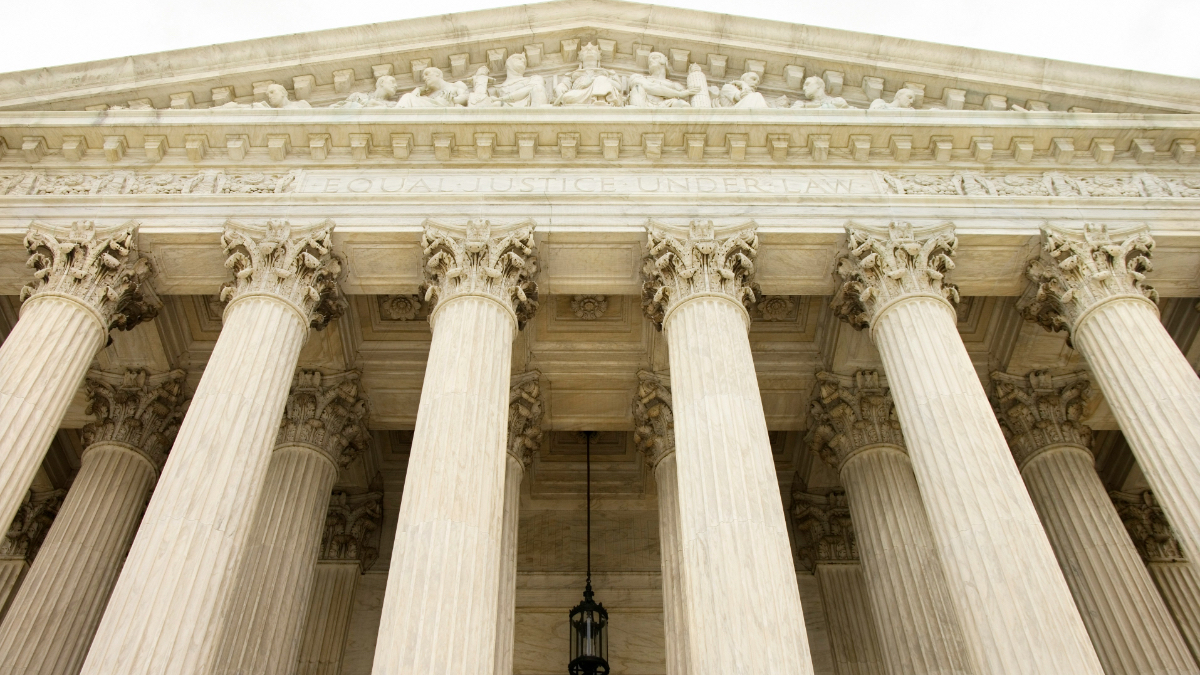Following the 2020 election subversion case against former President J. Trump, the US Supreme Court has ruled that former presidents have broad immunity from criminal persecution, saying that they cannot be prosecuted for actions within their constitutional powers as president. This is the first time a court has recognized any form of presidential immunity from prosecution.
The case was considering the indictment of the former President on four counts for misconduct following the November 2020 election—two counts of conspiring to obstruct the certification of the election results, conspiring to defraud the government, and conspiring to disenfranchise voters.
The court’s conservative majority ruled 6-3 that presidents were protected against prosecution for official actions that extend to the “outer perimeter” of their office and could only face charges for unofficial misconduct. This spells victory for Donald Trump and means there is little chance of a trial before the 2024 presidential elections in November.
What does Trump’s ‘absolute Immunity’ mean?
Trump’s ‘absolute immunity’ ruling from the six conservative justices means the former president cannot be prosecuted for some of his actions in his attempt to overturn election results during the November 2020 elections, provided those actions were within what the Supreme Court defined as “within the outer perimeter of his official duties”. That includes for example Trump’s conversations with Department of Justice officials regarding Biden’s election.
“We conclude that under our constitutional structure of separated powers, the nature of presidential power requires that a former president have some immunity from criminal prosecution for official acts during his tenure in office,” Roberts wrote. Going on to say that it is important that the president can “execute the duties of his office fearlessly and fairly” without the threat of prosecution.
According to the three liberal justices who dissented in the 6-3 decision, the ruling means that Trump, or any US president, is more or less “a king above the law”. Given the impact on the prosecution case the current actions against Trump are likely to be long delayed, far beyond the Presidential election in November. Biden’s campaign manager condemned the decision, claiming the Supreme Court handed Trump the “keys to a dictatorship.”
Trump’s case will be sent back to US district judge Tanya Chutkan of the lower courts to decide what actions are ‘official” and which ones are ‘unofficial’. The indictment will be revised line by line, and reviewed under a three-part test:
- Whether a particular act is a core presidential function that carries immunity
- Whether it is an official act within the outer perimeter of the presidency that carries presumptive immunity
- Whether it is an unofficial action that carries no immunity
How does the Supreme Court’s ruling affect the US election?
While the Supreme Court’s ruling may seem like a win to former President Trump, it can influence the public perception. Supporters may view it as an unjust way of shielding the former president and avoiding ‘justice’. This may rile voters against Trump, affecting his vote turnout.
Political critics can also argue that the absolute immunity granted to presidents and former presidents by the Supreme Court undermines the rule of law. This can reduce the people’s trust in the legal system, affecting voter’s confidence and enthusiasm in the electoral process.
Besides, the certainty of immunity might encourage certain ‘official’ misconducts and unethical behaviors by the incumbent president during the US election.
I mean, what’s to say there won’t be a repeat of the 2020 election subversion case in the upcoming 2024 elections?

